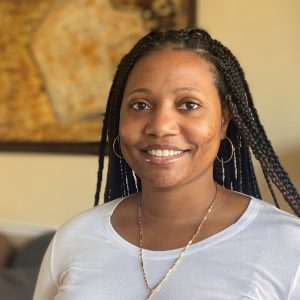“Marian House taught me love, accountability and new coping skills.”
Phyllis entered Marian House in March of 2020. After completing Marian House I successfully, she lived in Marian House II, and plans to move with her family at the time of publication. Phyllis, who was battling stage 3 colon cancer, bravely stands with us today to tell her story—now cancer-free.
How did you feel when you first entered Marian House?
I was really hopeful. God orchestrated this new direction for me, so I was excited, and expecting great things. It was my turn.
What led you to Marian House?
Over four years ago, I lost my husband of 40+ years. I used alcohol to cover-up what was really going on inside of me. It was my Band-aid, but I knew I needed some serious help with that and my mental health. I ended up losing my house to property taxes. I had to change my life. While I was in Nilsson House, the ladies at Marian House came to visit and told us about the requirements for the program—I knew Marian House was where I wanted to go. I was qualified and ready.
What has been the most helpful to you at Marian House?
The group meetings, all the support as far as how to cope with life without drinking, and how to acknowledge
anything that is unusual. Getting to know the other ladies, we were able to express how we really feel and even now
that I’m exiting Marian House II to live with family, I can recognize I’ve learned a lot from that, and I know how to
handle myself. I must say that I’m really proud of myself, especially with this colon cancer that hit me. Marian House
helped me connect to my health benefits to even figure out that I had stage 3 colon cancer. With the drinking and
everything, I wasn’t eating properly, and so stuff started to develop. Marian House was my support team, and the
doctors and the nurses I dealt with—they were awesome.
What is something you learned at Marian House that you’ll take with you wherever you go?
Marian House taught me love, accountability, and new coping skills, being mindful of what I do. I think there’s a lot
that’s with me. I love the women that are here, the women that I came up with. And I’m proud of myself.
When people support Marian House, what are they supporting?
Actually getting the right counseling and what you need to know how to cope. Marian House is very beneficial
especially to those who can’t afford healthcare, it helps us to better our life, going to school, and getting jobs. I’ve
been trying for years to get back to nursing, and in February of last year I did.
If you could talk to your younger self (5 or 10 years ago), what would you tell them?
Nothing is impossible. It could have been worse but you’ve been through plenty, so you got this. You can be stubborn, but if you have a desire to accomplish and overcome you, that’s the first part. Nobody is going to force you to do anything.


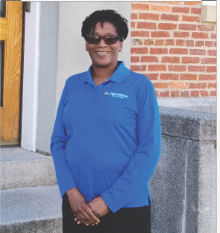
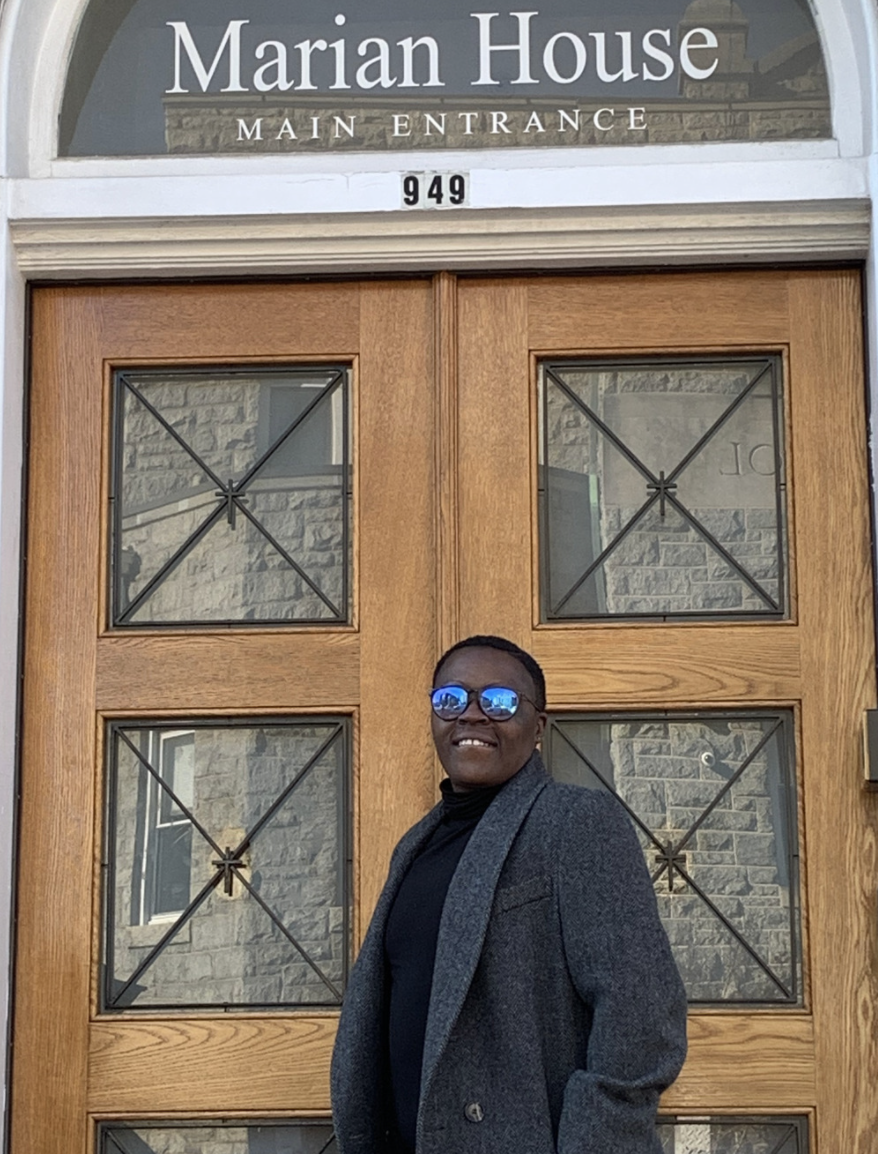 Nita B is a recent graduate of Marian House. She is prospering and giving back to others, inspired by her time and the relationships she built in our program.
Nita B is a recent graduate of Marian House. She is prospering and giving back to others, inspired by her time and the relationships she built in our program.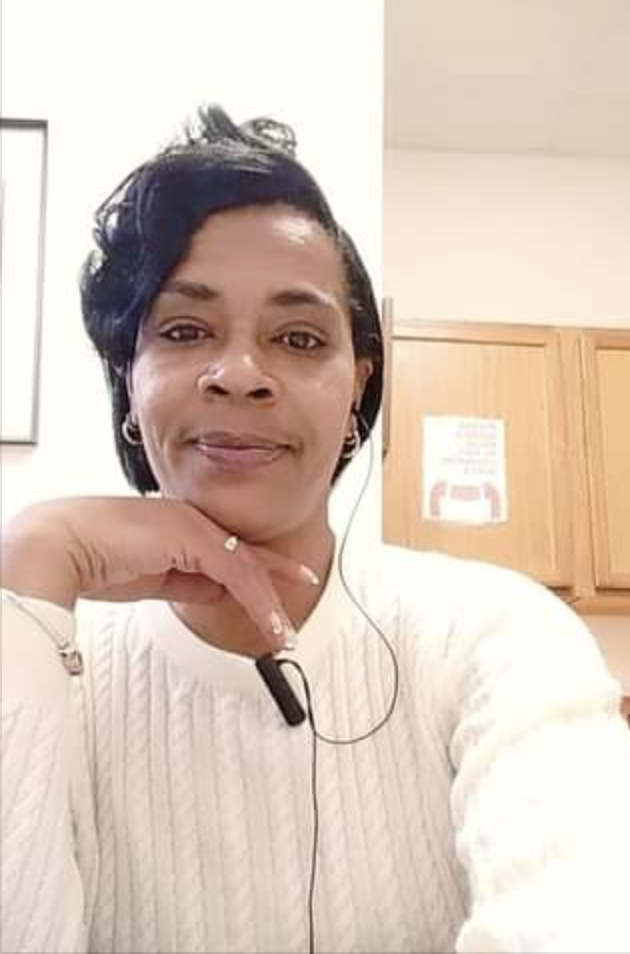
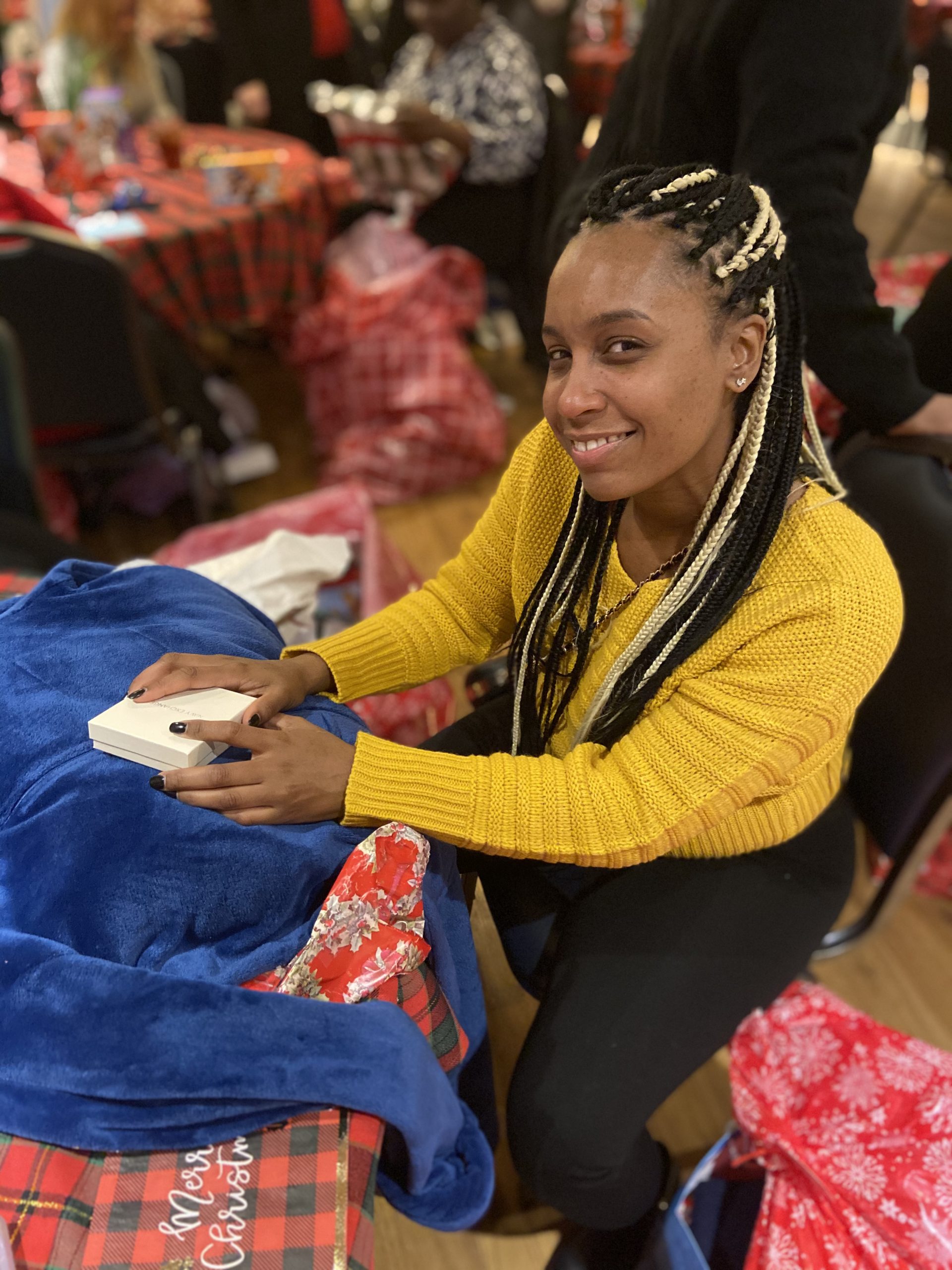
 Saché grew up in a tight-knit family in the Park Heights neighborhood of Baltimore. She is the oldest of 5 siblings, with 2 brothers and 2 sisters. She had her first drink at the age of fifteen, but it wasn’t until she was twenty-two that she began to abuse alcohol as a means to cope with the abusive relationship she was in. After multiple attempts, Saché was finally able to leave her abusive partner, but the addiction to alcohol had developed into a vicious cycle in her life. Over and over, period s of sobriety and stability would be followed by relapse, loss of job and home. Another attempt at recovery would eventually end in relapse, and the cycle continued.
Saché grew up in a tight-knit family in the Park Heights neighborhood of Baltimore. She is the oldest of 5 siblings, with 2 brothers and 2 sisters. She had her first drink at the age of fifteen, but it wasn’t until she was twenty-two that she began to abuse alcohol as a means to cope with the abusive relationship she was in. After multiple attempts, Saché was finally able to leave her abusive partner, but the addiction to alcohol had developed into a vicious cycle in her life. Over and over, period s of sobriety and stability would be followed by relapse, loss of job and home. Another attempt at recovery would eventually end in relapse, and the cycle continued.